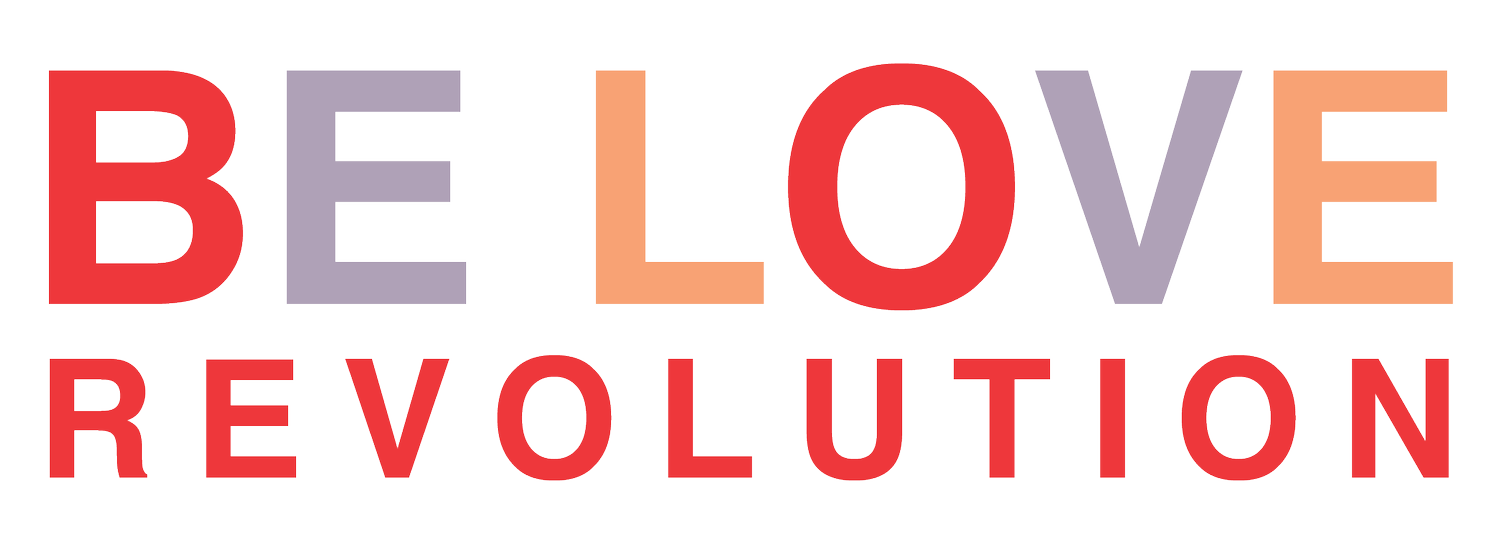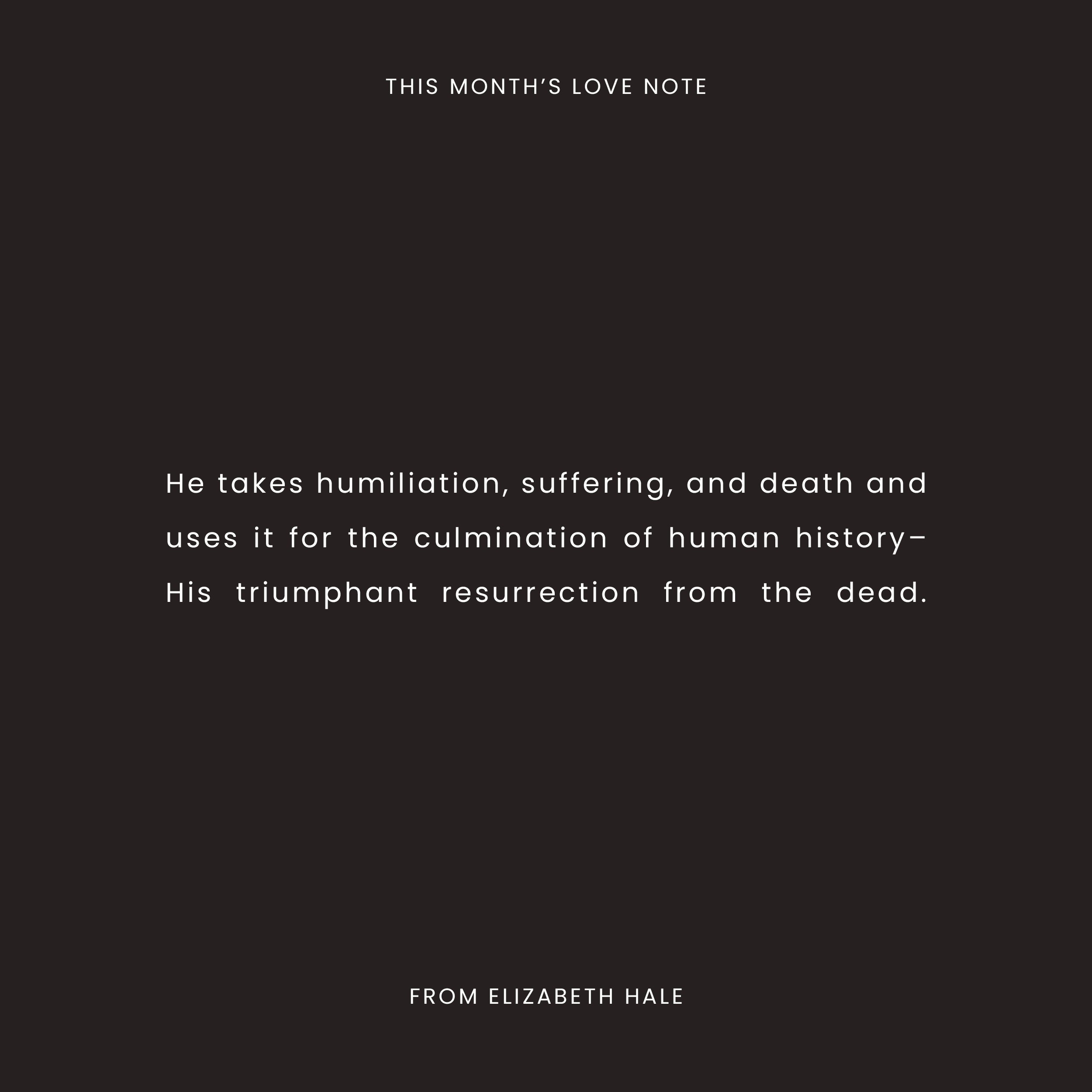TRUSTING IN A GOD OF RENEWAL
ELIZABETH HALE
Last fall, in a moment of acute anxiety as I stressed over a particularly important exam, my dad made a passing comment that has since sustained me through many a difficult situation:
“Trust in the God that brought you this far.”
Not a naturally anxious person (or someone who is prone to hyperbole, I promise), I felt stunned at this seemingly evanescent remark. It was a humbling and restorative word that was spoken to me, and it has become an anchor as I study for exams, apply for jobs, and worry about my own worthiness or ability to live up to the expectations of my family and my peers.
This idea is powerful not because it reminds us of our own abilities but precisely because it reminds us of our own smallness and utter dependency on a good and gracious God. There is a certain comfort that comes with the realization that wherever you are and whatever you seem to have achieved is not a result of your own merits or actions. You were brought to where you are as a result of positive and intentional action on God’s part; you not only are because of him, you are good because of him, and you have only gotten as far as you have because of him. He would not hold you in existence, extend continual mercy and grace, knock at your door, or pour abundant blessings onto you just to let you fail. You can trust in God. He has brought you this far. Rest in that fact! It is a joy to give up control.
As Lent comes to a close, it is good to reflect on the sacrifices that we have made throughout this season. I suppose a little reflection will also help to illustrate my point. Almost 40 days ago on Ash Wednesday, we were reminded of our own mortality: “From dust you came and to dust you shall return.” Those of us who were not caught in a South Bend deluge wore those ashes on our forehead for the day as a continuous reminder to ourselves and others of our (relatively imminent) deaths. More than a memento mori, but perhaps related, those ashes should also remind us of our own smallness before God. You are dust, and you will be dust again.
Throughout Lent — via prayer, fasting, almsgiving, failing, falling, getting up, trying again, more prayer, etc. — we reckon with our mortality and our weakness. Every hunger pain while fasting should serve as a reminder of our complete and utter dependency on God. Every sacrifice of comfort should serve as a reminder of the same. In our fallen and decadent world, we struggle to wait five hours between meals, and our minds are consumed with thoughts of snacks when we are asked to give them up for a day. Yet, these measly creatures — us — are those for whom God became man, suffered, died, and was resurrected.
This reckoning with our own creatureliness should not be disheartening. It is good that we are dependent. It is good when we become aware of our inadequacies and stop fighting them. We already lean on God for our mere existence, whether we know it or not. Our God is one of renewal and love. He holds all things in existence and makes all things good — even us in our dust, sin, and hard-heartedness. He takes humiliation, suffering, and death and uses it for the culmination of human history — his triumphant resurrection from the dead. So trust him, he is good, and he has brought you this far. Why would he fail you now?


